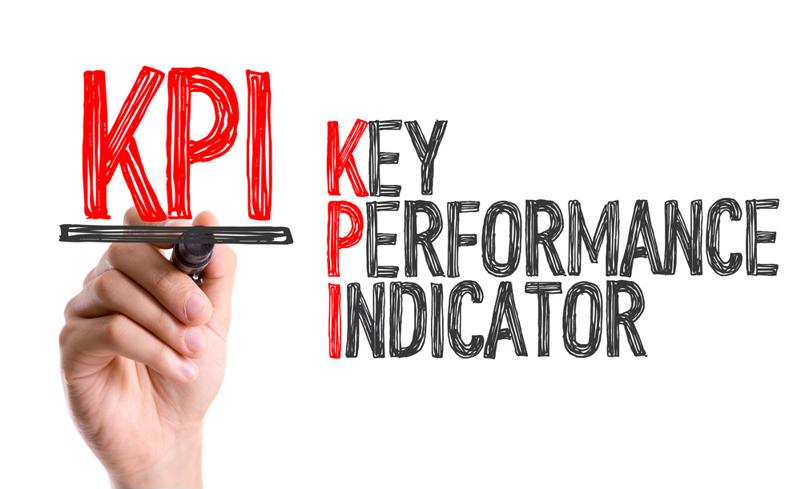
How to master the art of performance management in the workplace
06 Feb 2023
Performance management is no easy task. Business owners, human resources professionals, line managers and other team leaders need to understand every element of performance management and how to implement it effectively. Performance management should be viewed holistically, taking every aspect of the organisation’s workforce, processes and workflows into account.
What does this look like in practice? What are the fundamental tenets of performance management, and how can you improve performance management in a tangible way?
Let’s find out:
Understanding performance management
Performance management consists of a variety of processes that work together to ensure organisational success. Some of the most important components are:
- Goals: Team leads and executives must set goals for each employee and for the team as a collective unit. It’s essential that every aim is realistic and achievable. These objectives will feed into an overall strategy roadmap. Break down overarching targets into smaller ones that build upon each other sequentially.
- Feedback: Line managers need to give their team members feedback about their performance regularly. It must be constructive and actionable, so be sure to include concrete suggestions on how to improve performance rather than just saying people need to do better. Feedback should focus on the future, rather than point fingers retrospectively.
- Development plans: While any given worker may be at the top of their game, there’s always room for improvement. Make certain you draw up programmes aimed at enhancing your workforce’s capabilities. You can use any reported challenges or areas of weakness you’ve noticed to help you design these initiatives.
- Performance reviews: Take time to routinely analyse your team members’ performance. These evaluations should be done with goals in mind, as they’ll inform the content of the feedback you give to your employees. This component of performance management is essential in helping to catch and fix minor issues before they snowball into major problems.
 KPIs are a great way to measure performance.
KPIs are a great way to measure performance.Implementing and applying best practices
Performance management might seem like a daunting task. Thankfully, there are a number of strategies and tools you can use to help your team achieve maximum success. Some tactics include:
- Developing metrics: Before you can review performance and impart feedback, you need to decide how you’re going to measure performance and ascertain whether goals are being reached. Decide which metrics you’re going to use to calculate performance. Some common key performance indicators (KPIs) include how often deadlines are met on time, how many hours are billed and how many clients are served.
- Hold meetings: It’s crucial to meet with your team often. Schedule check-ins with individual team members and the group as a whole to discuss their performance, share insights and talk about how productivity and efficiency can be improved. Getting feedback from your team is as important as giving it to them. These meetings will also help you establish whether there are obstacles hindering your workforce.
- Host skills workshops: Training forms an integral part of professional growth and career development. Organise skills development programmes that can help your employees refine the abilities they already have and to learn new ones. Remember, training isn’t just for lower-ranking employees: Even managers and executives stand to benefit from a little extra education.
- Delineate duties: While it’s sometimes necessary for some team members to be a jack of all trades, it’s helpful to establish everyone’s unique roles and responsibilities, as well as how they all interact to achieve a common goal. For best results, assign tasks that fall within each employee’s particular scope as far as possible.
If you’re keen on improving your business’ performance management, check out our performance management course or contact us for more information.





